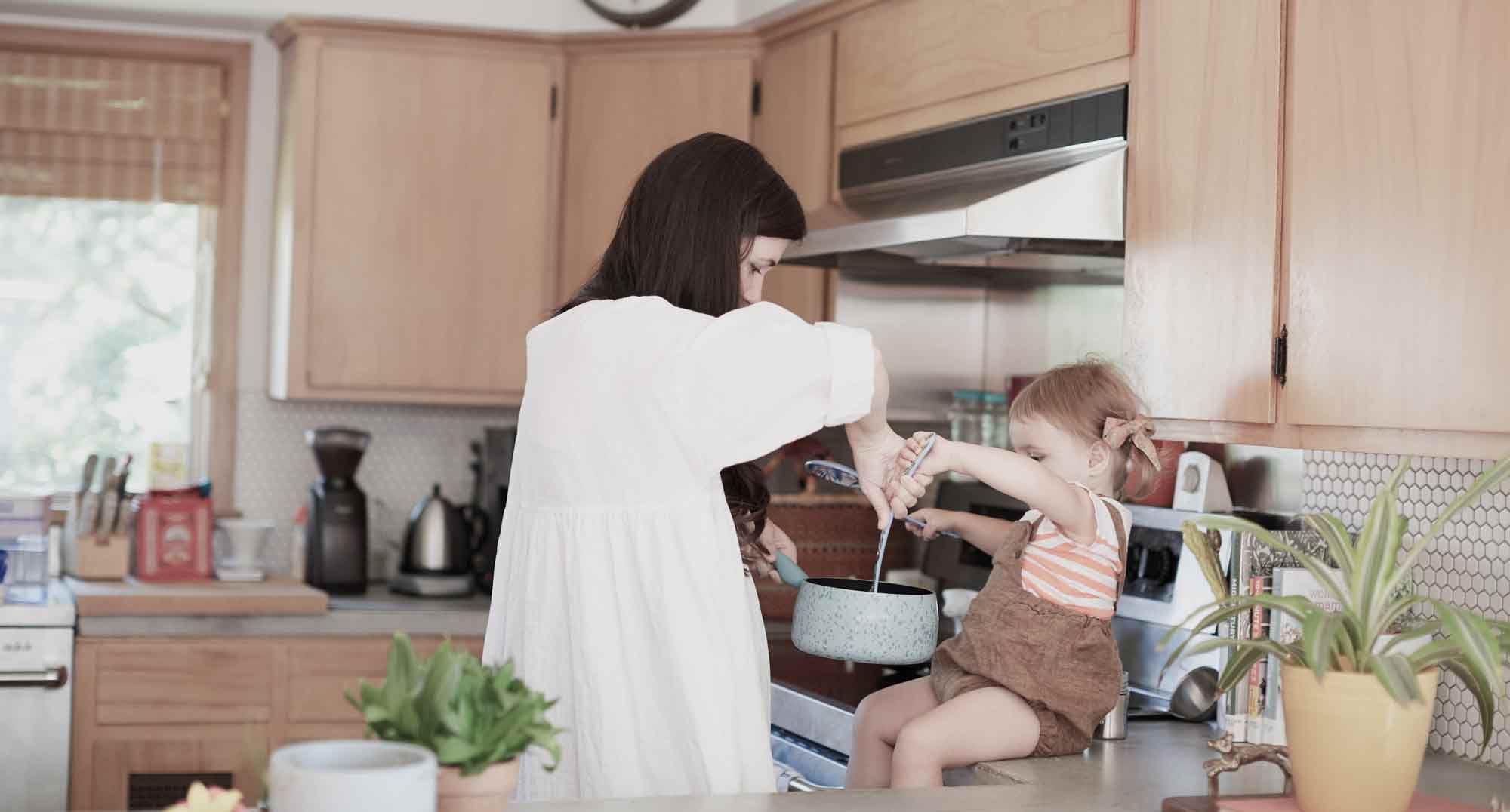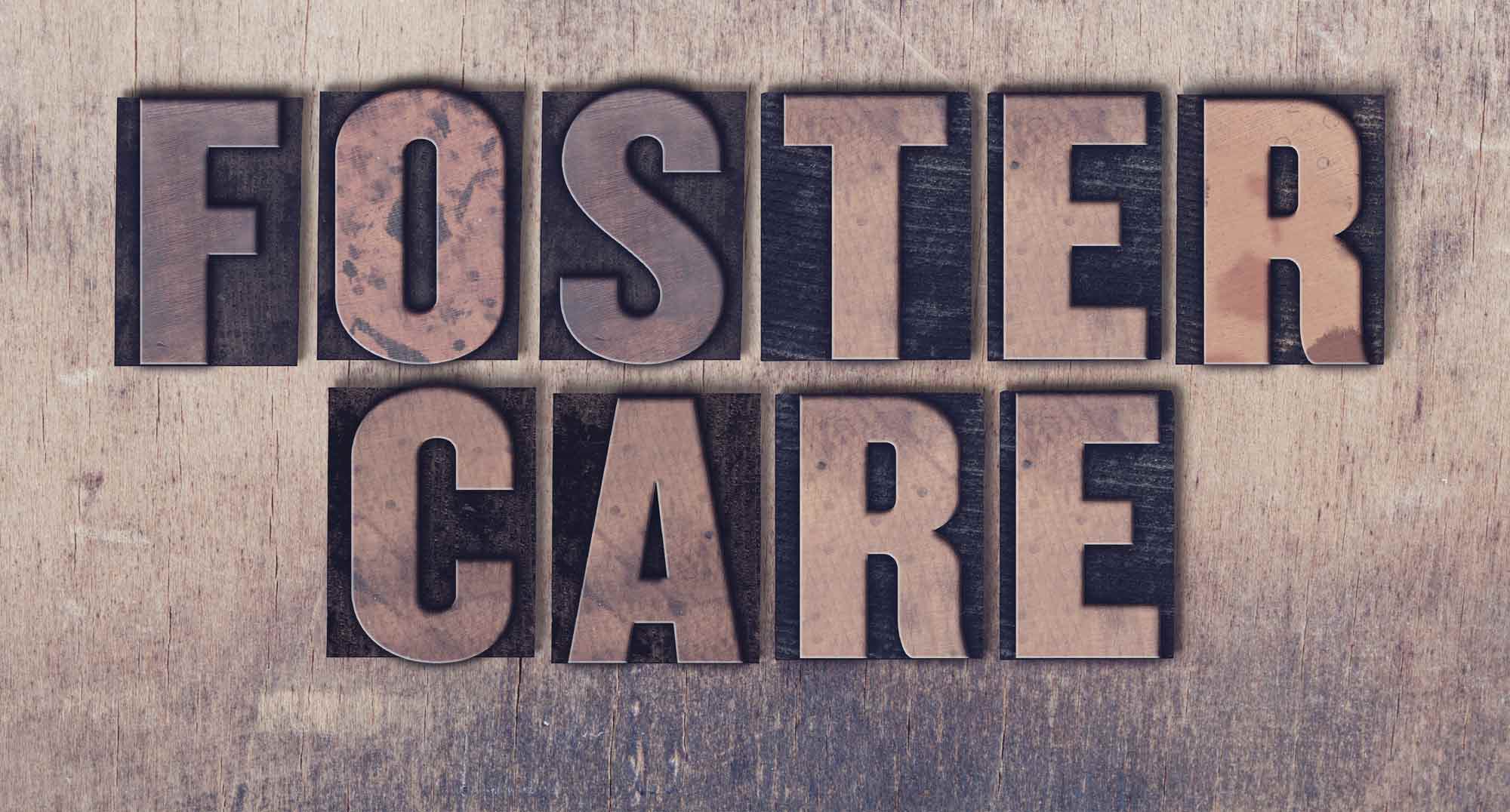The Secret Sauce of Gratitude
STEPHANIE FORMENTI|GUEST My family and I lived in Brazil for a little over three years. And while I grew to appreciate many things about Brazil, probably the thing I learned to love the most is the delicious food! I love the tropical fruit, the beans and rice, the meat, and the cheese bread. But the best Brazilian food is my mother-in-law’s cooking, and here is the secret to her food: she starts almost every dish by sauteing fresh garlic and diced onions in quality olive oil. It’s the base for nearly everything she cooks, and this flavor combination makes all of her food really delicious. I think gratitude is the garlic and olive oil in our walk with Jesus. Just as food can still nourish and fill me up, if it doesn’t start with my mother-in-law’s secret sauce, it lacks the deliciousness that garlic, onion, and olive oil bring to a dish. In the same way, gratitude enhances our everyday experience with Jesus by bringing flavor and beauty. We can read our Bibles, spend time in prayer, participate in godly fellowship and partake of the sacraments. Those things do provide spiritual nourishment and are essential to cultivating a love for Jesus and for others, but a posture of gratitude aids us in more vividly tasting and seeing the goodness of God. This action of giving thanks is captured in the Greek word eucharisteo. The root word of eucharisteo is charis or grace. We also see its derivative—chara— which we translate as joy. Displaying gratitude then seems to imply a connection to both grace and joy. Maybe gratitude is a repeated decision to receive grace which then results in joy. I believe this happens in our lives in three specific ways. Gratitude provides perspective. Thanksgiving reframes things for us. Gratitude is a perspective changer. It shakes us up and gives us proper sight in two ways: First, gratitude moves us from a position of ownership to a position of stewardship. It rightly places God as the giver of all things (James 1:17), the one who owns the cattle on a thousand hills (Psalm 50:10), and the one who gives generously without reproach (James 1:5). This necessitates an acknowledgement that we are simply recipients; to receive a gift is foundationally a posture of humility. We do nothing other than stretch out our hands and accept it. Whatever we have, whether that be material goods, children, financial stability, healthy relationships, athletic prowess, or spiritual insight—we receive all of it as an immeasurably gracious gift from God. He created it all and He owns it all. Whatever we have is a gift from him. Gratitude gives us this perspective. Without it, we spend a lot of time hoarding things and even more time protecting them. We approach life tight-fisted, exhausting our emotional energy and the hours of our day fighting to protect the wealth, relationships, status, achievements, abilities, looks, and power which aren’t even ours to begin with. Secondly, gratitude moves us from a mindset of scarcity to one of abundance...










